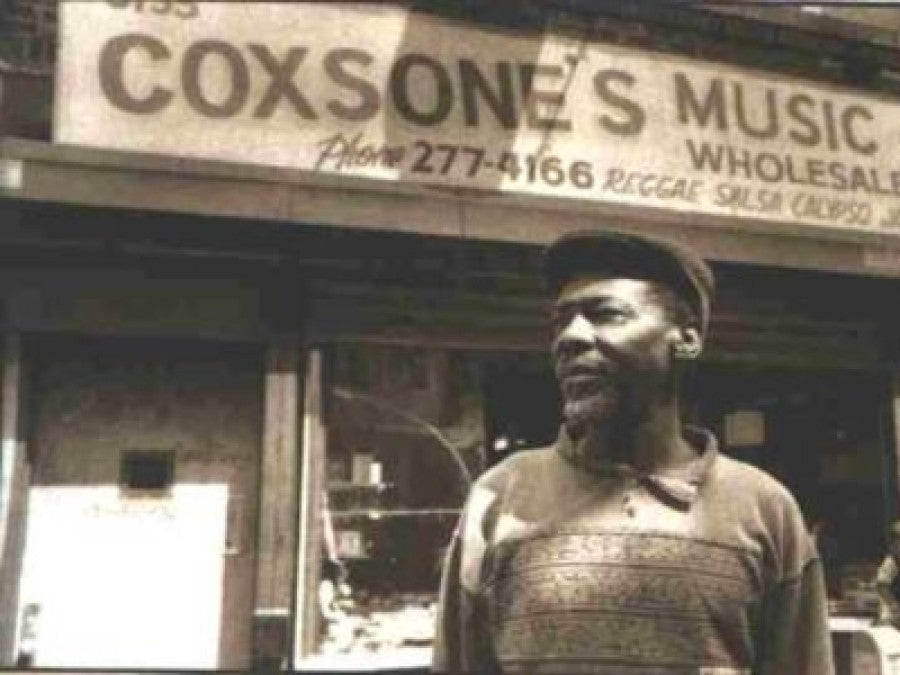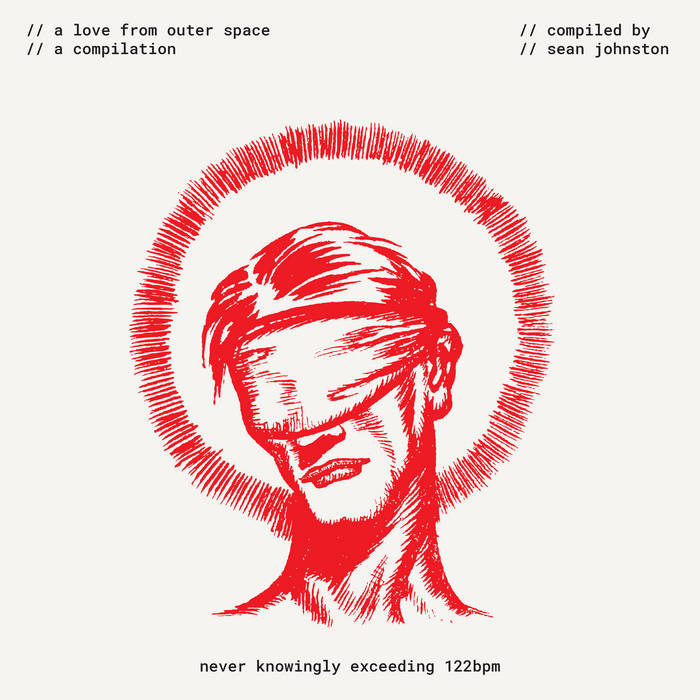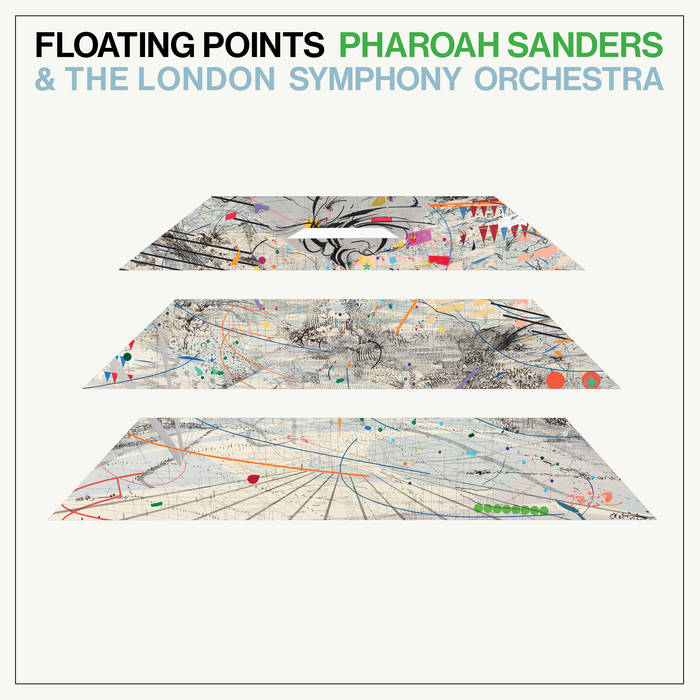Clement 'Coxsone' Dodd, the man who became one of Jamaica’s most influential music figures, first got interested in music by listening to American jazz. Through Jazz, Dodd was exposed to American R&B records, which were being brought to the island by migrant farmworkers who left Jamaica to work in Florida.
Around 1954, Coxsone’s awareness of the commercial potential of R&B led to him forming his first sound system. Since R&B music formed the bulk of party requests (he was often playing five shows a night), it was important to supply the growing demand. To satisfy this demand, Coxsone travelled to the U.S. to pick up local hits and bring them back home. When rock ’n’ roll eclipsed R&B, Coxsone was forced into recording his music for his sound system…
In 1962, Clement Dodd founded Studio One. The studio became the birthplace of rock steady, a local term for the new sound which was slower in tempo than Ska.

One of the first house bands at Studio One was the Skatalites, however, they split after Don Drummond was jailed for murder. This paved the way for new house bands such as The Soul Brothers, Soul Vendors and the Sound Dimension.
By the mid-1690s the studio was in full swing. Open from 9-5, 5 days a week producing roughly 12 back tracks a day. However, during the evenings, artists would come in a record vocals. From musicians like Bob Marley to Burning Spear to Marcia Griffiths to Alton Ellis, Studio One became the place to record.
Coxsone was able to maintain a very high level of output in quality and speed by constantly innovating and reacting to what people liked:
“Because I had my own studio I did a lot of experimenting, what I used to do…I record the music, put it on a dub plate and go straight to the dance hall and watch the reaction. Many a time, we make the record and change it around, watch the reaction, and change it around to suit the fans. How they were moving and not so much as what the people say.”
By the 1980s, the studio was closed when Dodd relocated to New York in the mid-1980s; he continued to run the label from his new base.







